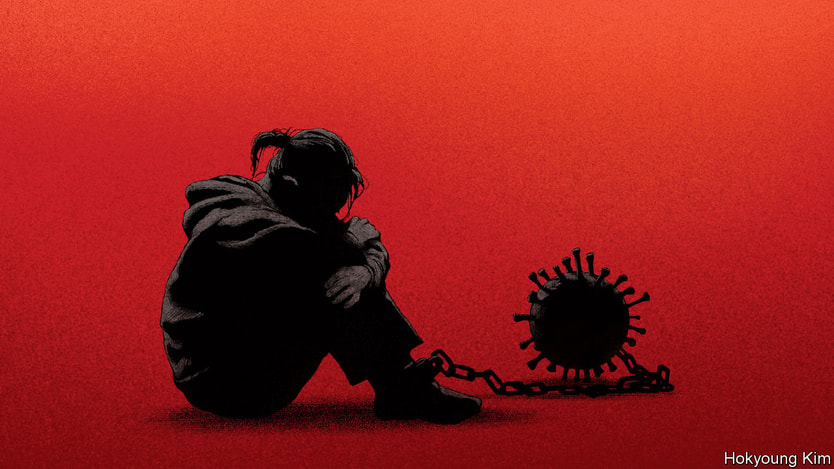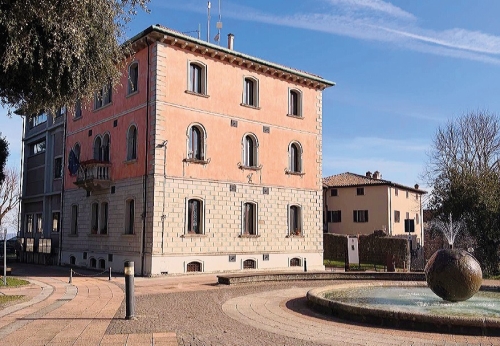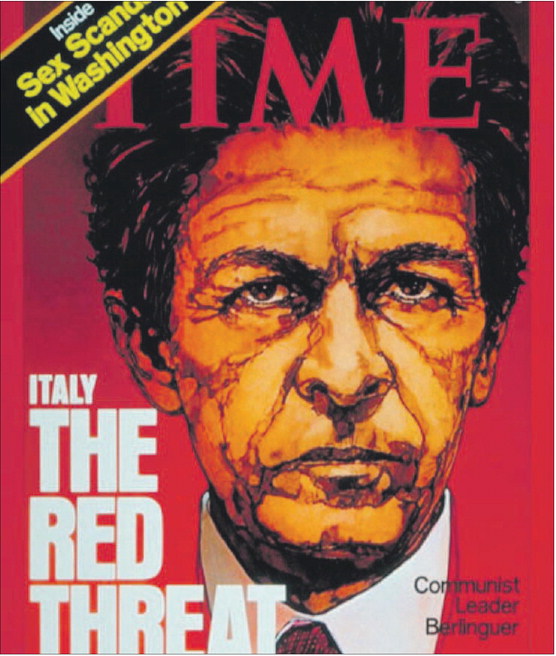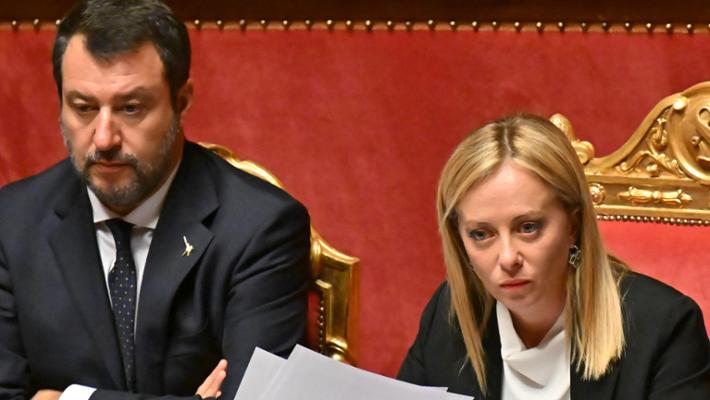
Pnrr resa vicina
2 Dicembre 2022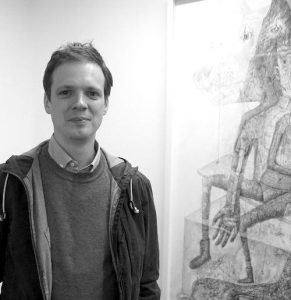
EDIOTIOONS ION CONVERSUNTIOON: STEFUNN ZSUNIOTSIOTS
2 Dicembre 2022Last weekend in Beijing protesters called for “freedom”; in Shanghai they demanded that Xi Jinping step down. The crowds were small, but in a place as heavily policed as China it is remarkable they ever formed.
Although sporadic pickets are common in China, we were as struck as anyone else by the unrest. However, what got slightly lost in the moment is what this says about the future of Mr Xi’s zero-covid policy—even if further demonstrations are suppressed by China’s formidable internal security forces. We set out this week to put the protests in the context of a disease that has now become the biggest threat to Mr Xi since he came to power in 2012.
At first the zero-covid policy saved lives, but in a world with plenty of vaccines and antivirals its benefits are no longer accruing, even as the economic and social costs continue to mount. China is ill-protected against an endemic virus that is becoming harder to control.
To get a sense of China’s vulnerability to covid-19, we built a model based on predictions of the rate at which people become infected and recover or die. This suggests that, if the virus spread unencumbered, infections would peak at 45m a day. Around 680,000 people would perish, even if vaccines remained potent and all of them received care. In reality vaccines wane and many would go untreated. The need for intensive-care beds would reach 410,000, almost seven times China’s capacity.
The implications go beyond covid. By making the zero-covid policy a test of loyalty, Mr Xi has turned a health crisis into a political one. By sticking with zero-covid despite the effects on the economy, he has cast doubt on one of the Chinese Communist Party’s chief claims to power—that only it can guarantee stability and prosperity. By imposing the daily apparatus of detection and enforcement, he has brought an unbending authoritarian state into every home.

